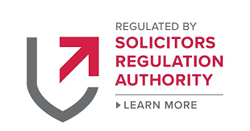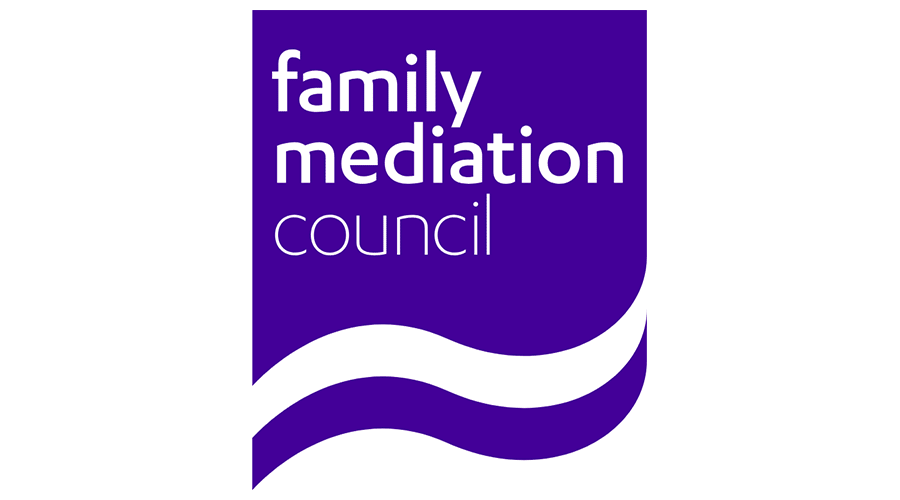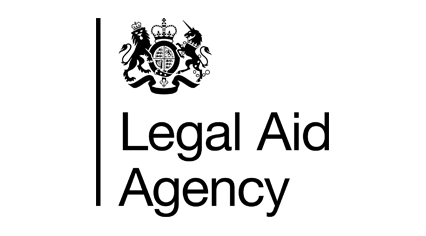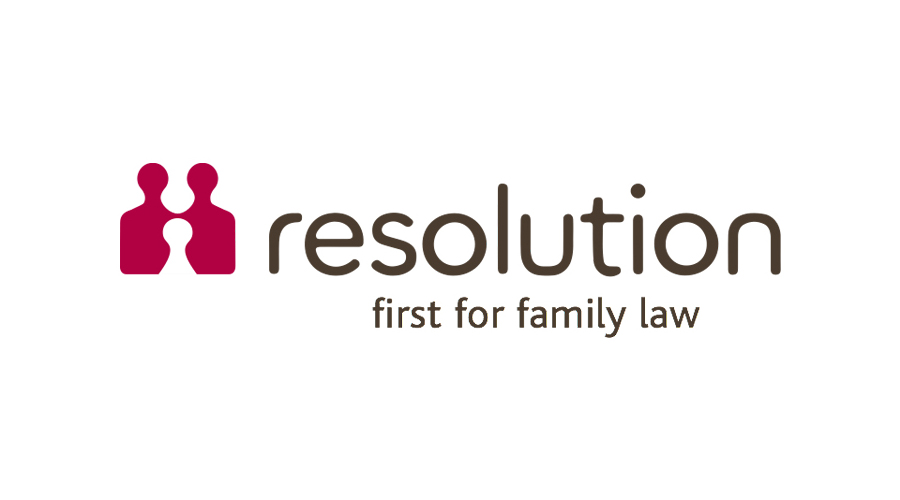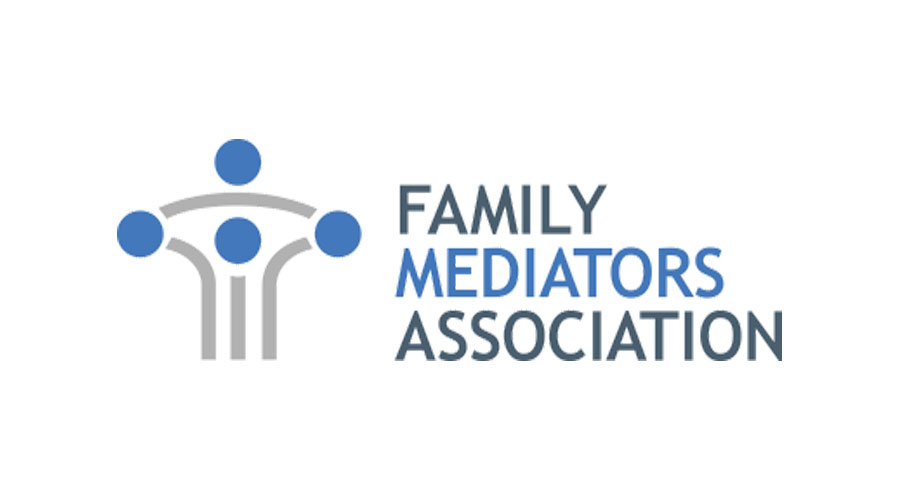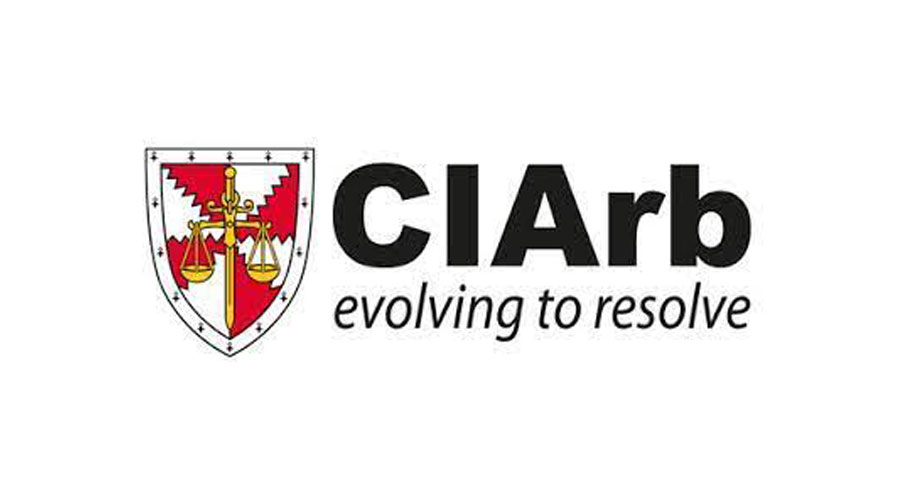A new study seeks to offer mediation to kinship families which includes training to other professionals involved in their care about mediation. Claire Webb takes us though the aims of the project.
In the last few years, Family Solutions provided mediation for 50 families in the child protection process. Developed by Helen and I, with the help our team, the initiative was supported and evaluated by the PINE (Practice In Need of Evidence) programme. We found that:
- Mediation can be helpful for families who need assistance in reducing conflict, and in making arrangements that are safe for their children, with the assistance of other professionals. The reduction in conflict work also applied to the relationship between families and their social workers.
- Many social workers and other professionals do not understand how mediation works (or know of its existence) and therefore do not refer at all, do not refer at the time which is most beneficial to parents and carers, or send inappropriate referrals.
- From families we worked with, people who were most likely to attend and make agreements in mediation were families where the child was living with a kinship carer. Our initial findings therefore suggested a possibility that kinship care families respond better to mediation than other types of families involved in the child protection process. In addition, it is already well known that kinship care families face significant, unique challenges:
- Kinship carers and parents need to work together to make contact arrangements and other decisions about the child. Balancing a parent’s understandable wish to see their child with the carer’s concerns about parental neglect is often unmanageable and leads to further conflict.
- Children in kinship care often have physical and mental health needs and behavioural challenges. Biological parent/s may have ongoing needs around substance abuse and/or mental illness which led to children living in kinship care. All these pressures can lead to additional stress and conflict between adults.
Many kinship carers (such as those with a Special Guardianship Order or Child Arrangements Order) lack statutory support because living with a kinship carer often means children are no longer looked after by the Local Authority. We thought that our project could and should be extended to kinship care cases. We are working with Foundations, who have commissioned Coram to conduct a feasibility study of the mediation pilot project, to determine whether or not our intervention can be evaluated.
We are delivering mediation to kinship families in four local authorities in the South Hampshire area: Hampshire County Council, Portsmouth City Council, Southampton City Council and Isle of Wight Council. 20 Families are being offered four in-person mediation sessions, which will typically take place over 16 weeks. The sessions will be delivered by one of our accredited mediators and in addition to ‘standard’ mediation, our sessions will also include additional support with conflict management, positive parenting techniques and communication skills.
From our experience, we identified the importance of children being involved in the decision making that affects them, and so the intervention includes a consultation with the child where appropriate as part of the four sessions – typically those aged ten or over. Excitingly, we have provided training for over 130 professionals, who are based in one of the four local authority areas. Our aim is for this to increase the number of appropriate referrals to the intervention – we view the referral training as a key component of the intervention.
What are we hoping for?
We hope that we can gather evidence in the following four key areas:-
- To what extent is the intervention feasible and can it be evaluated?
- How should the Kinship Care Mediation project be evaluated in future?
- How should the Kinship Care Mediation pilot be developed, scaled up and replicated in future?
- Are there signs that the Kinship Care Mediation pilot is achieving the outcomes listed in the logic model (evidence of promise)?
The evaluation aims to provide useful evidence for policy makers and commissioners in relation to support for kinship families.
We hope that we will have some useful data and evidence within the next 18 months, and so watch this space!

